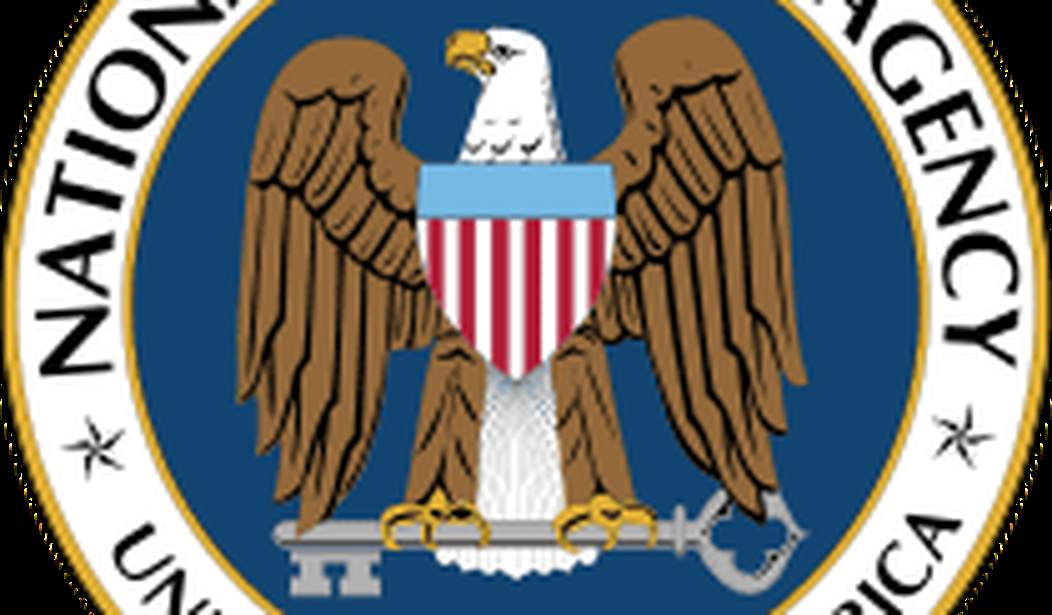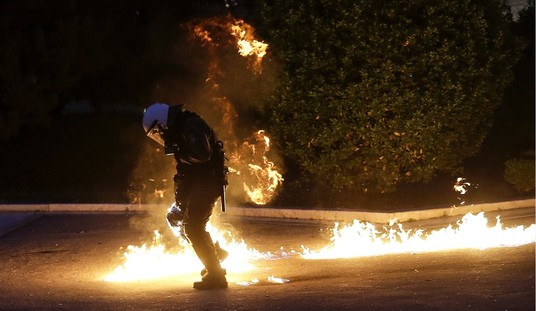WASHINGTON – Congress is once again preparing to confront the issue of the surveillance policies adopted by the National Security Agency with committee chairmen on both sides of the political aisle revealing plans to hold additional hearings on snooping procedures.
Sen. Pat Leahy (D-Vt.), chairman of the Senate Judiciary Committee, and his counterpart in the House, Rep. Bob Goodlatte (R-Va.), expressed an interest in delving even deeper into NSA practices and perhaps developing legislation intended to rein in the agency’s practice of obtaining domestic telephone records as part of the fight against terrorism.
The controversy has taken a back seat in recent weeks to the crisis in Syria and budget negotiations while Congress enjoyed a month-long recess. But lawmakers have expressed a desire to give it another look.
Goodlatte acknowledged that he had raised the issue personally with President Obama, urging him to bring more transparency to the nation’s intelligence-gathering programs to gain the trust of the American people. He also told the president his committee will continue its “aggressive and ongoing efforts to conduct oversight over these programs.”
“I plan to conduct additional oversight, including a classified hearing likely in September, so that we can thoroughly review the data collection programs used by the NSA, ensure that the laws we have enacted are executed in a manner that complies with the law and that protects Americans’ civil liberties, and determine if changes to current law are necessary,” Goodlatte said.
Leahy recently introduced the bipartisan FISA Accountability and Privacy Protection Act of 2013 in an effort to “strengthen privacy protections, accountability and oversight related to domestic surveillance.”
The measure would end the government’s authority to issue national-security letters used to force communications firms to transfer information to the government by June 2015. Thereafter the government would have to expand public reporting on the use of the letters and seek court orders to keep the letters secret.
The bill would also amend the Patriot Act, adopted in the wake of the 9/11 attacks, to require the federal government to prove the records it is seeking are relevant to its investigation. It would also, among other things, remove the one-year waiting period companies must now abide by before challenging a government requirement not to disclose a governmental solicitation of information.
Leahy said his panel intends to “draw back the curtain on the secret law of government surveillance” and “underscore the need for increased oversight and stronger protections for Americans’ privacy.”
That issue, he said, will “be the subject of another Judiciary Committee hearing in the coming weeks.”
Public concern about the federal government’s surveillance practices was raised as the result of revelations by Edward Snowden, a former contractor with the National Security Agency and onetime Central Intelligence Agency employee, who leaked details about U.S. surveillance programs to the press.
Snowden, who recently was granted asylum in Russia for one year, revealed that the NSA was collecting telephone metadata, most of it involving American citizens, in an effort to thwart terrorist initiatives under Section 215 of the Patriot Act. Snowden also offered details about another program, code-named PRISM, which monitored Internet communications for the same purpose.
The secret initiatives were approved by the U.S. Foreign Intelligence Surveillance Court, which oversees sensitive security practices and operates behind closed doors.
Under Section 215, the so-called FISA court permitted the NSA to gather telephone company records that contain numbers that were dialed, the date and time when the call was placed, and the length of the connection. The information passed on to intelligence agencies doesn’t contain the identity of those involved in the connection.
The PRISM program collects content, like email messages, but only involves non-Americans who are thought to be located overseas. The initiatives, an outgrowth of the 9/11 terrorist attacks that killed almost 3,000, began during the administration of former President George W. Bush.
The court determined, according to the document, that the federal government may access otherwise confidential phone records when the executive branch provides information “giving rise to a reasonable, articulable suspicion” that the numbers could lead to terrorists.
Obama has proved unable to escape the controversy even while pondering military action in Syria. Last week, during a one-day stopover in Stockholm, Sweden, en route to the G-20 meeting in St. Petersburg, Russia, the president attempted to reassure allies about the nation’s surveillance practices.
“I can give assurances to the publics in Europe and around the world that we’re not going around snooping at people’s emails or listening to their phone calls,” Obama said at a news conference. “What we try to do is to target very specifically areas of concern.”
The president did acknowledge in reference to surveillance regulations that “we had to tighten them up” and that technological advances may require further changes. The NSA is looking over procedures with an eye toward developing a proper balance between national security needs and civil liberties.
“There may be situations in which we’re gathering information just because we can that doesn’t help us with our national security but does raise questions in terms of whether we’re tipping over into being too intrusive,” Obama said. The U.S. is consulting with various governments, including the European Union, to determine “their areas of specific concern and trying to align what we do in a way that, I think, alleviates some of the public concerns that people may have.”
Not everyone is satisfied with the steps taken by the administration. Sen. Chuck Grassley (R-Iowa), ranking member on the Senate Judiciary Committee, dispatched a letter to Dr. George Ellard, the NSA’s inspector general, asking him to respond to reports that his office is aware of documented instances showing that NSA personnel intentionally and willfully abused their surveillance authorities.
Grassley didn’t say where the information came from. He further asked that Ellard provide as much information as possible in an unclassified manner.
“The American people are questioning the NSA and the FISA court system,” Grassley said. “Accountability for those who intentionally abused surveillance authorities and greater transparency can help rebuild that trust and ensure that both national security and the Constitution are protected.”
On another front, Facebook and Yahoo, two communications giants, have filed suit in Foreign Intelligence Surveillance Court on Monday seeking permission to reveal how frequently the NSA snoops on those who employ their services.
Google and Microsoft filed similar legal actions earlier.
The tech giants are maintaining the revelations would promote transparency and would not infringe on national security.









Join the conversation as a VIP Member